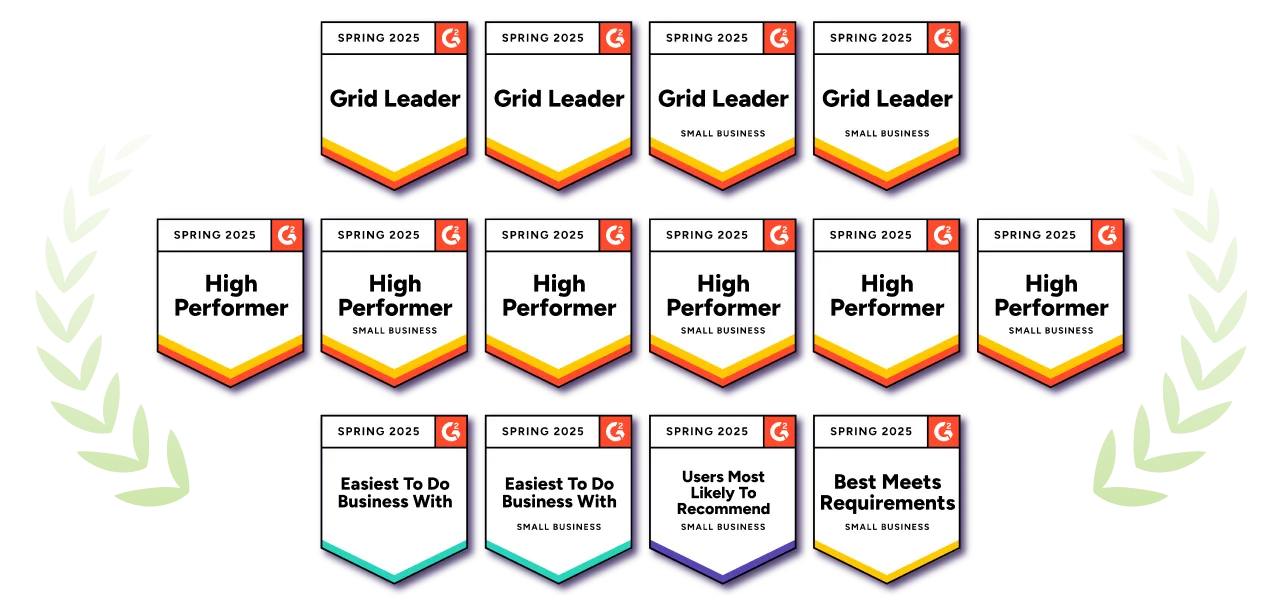SPRY is Now CEHRT Certified: Built for Proactive, Collaborative Care
Learn More
Stop searching. Start coding smarter with our ICD-10 Lookup Tool.
Try Now

Across outpatient clinics, patient check-ins continue to be a major operational bottleneck. Many patients arrive without having completed intake paperwork in advance, leading to delays of 15 to 30 minutes before appointments can even begin. This not only creates friction for patients but also affects staff efficiency and clinic throughput.
At Excel Therapy, a renowned medical group practice in Panama City, Florida, these challenges were especially evident. Intake inefficiencies were contributing to clinical delays, billing issues, and administrative strain, prompting the team to seek a more effective, technology-driven solution.
The check-in hurdle at Excel Therapy highlighted just how much time and effort were being lost in manual workflows. Without a digital intake system, the clinic faced widespread challenges that are common across outpatient settings:
Unstructured Patient Flow: Without a streamlined process, clinics struggled to manage peak-hour traffic, causing crowding and delays.
For Excel Therapy, this translated to:
Peak-hour congestion, leading to patient frustration and compromised appointment schedules
To address these inefficiencies, Excel Therapy implemented SPRY’s Kiosk, automating check-ins and streamlining intake through a structured, digital workflow. The Kiosk replaced manual paperwork with a self-service system designed to guide patients through check-in efficiently and independently.
Key features implemented at Excel Therapy included:
“In the past, intake paperwork could take 20 to 30 minutes, cutting into appointment time,” said Bryan Davis, Owner of Excel Therapy. “The Kiosk has significantly reduced that time, allowing for more focus on treatment and improving overall clinic efficiency.”
The digital interface was intuitive and accessible, leading to faster, more complete intake even among patients less familiar with technology.
The impact of SPRY’s Kiosk exceeded expectations. Within six months of implementation, Excel Therapy reported significant improvements in both patient experience and operational efficiency:
“Initially, I hoped for improved efficiency with initial evaluations. The goals were exceeded. We now have better subjective information in evaluations and a significantly reduced workload for clerical staff,” Davis shared.
Operationally, the Kiosk created a more predictable and efficient front desk workflow:
“Even elderly patients have adapted well to the Kiosk,” Davis noted. “It saves them time and allows our staff to answer patient inquiries much quicker. And having patients upload insurance card photos directly has helped reduce billing errors.”
Excel Therapy’s experience with SPRY’s Kiosk showcases the transformative impact of automating the check-in process. By eliminating paperwork bottlenecks and shifting intake to a digital, structured format, the clinic improved clinical readiness, reduced front desk strain, and enhanced the overall patient experience.
Looking ahead, Excel Therapy is planning to expand its use of SPRY’s Kiosk to include:
